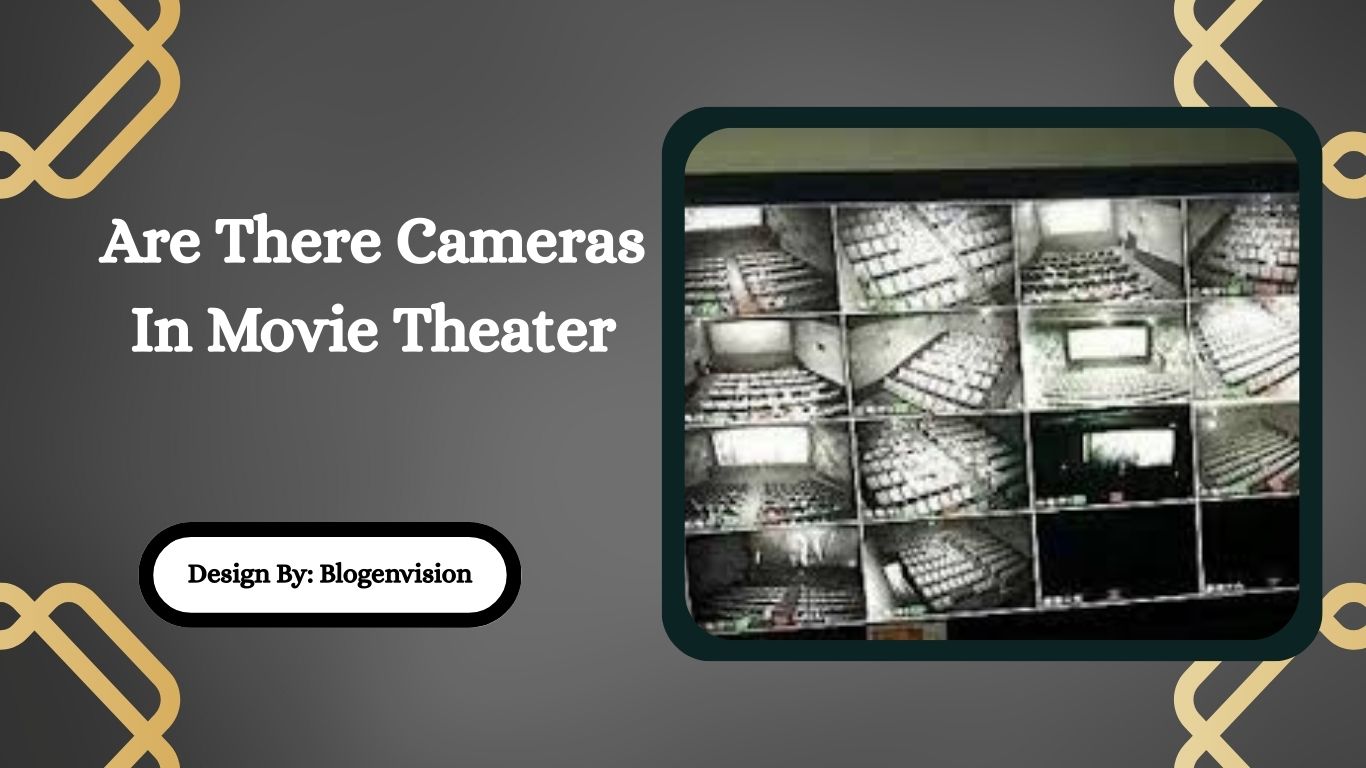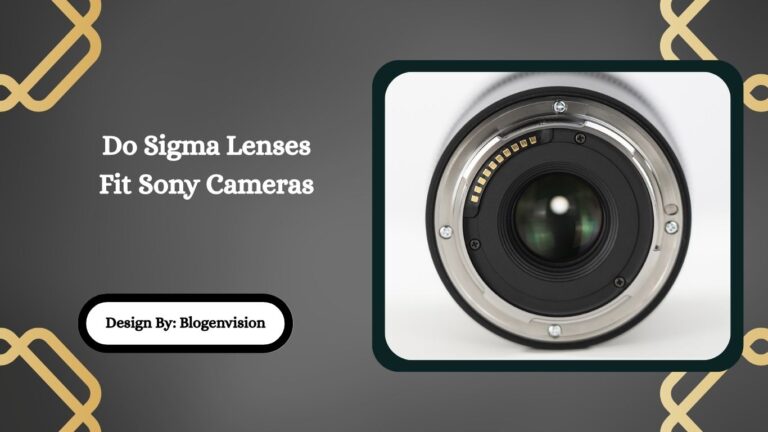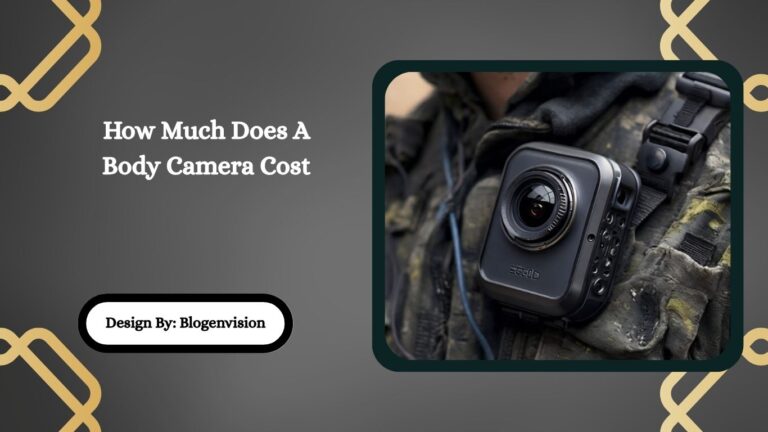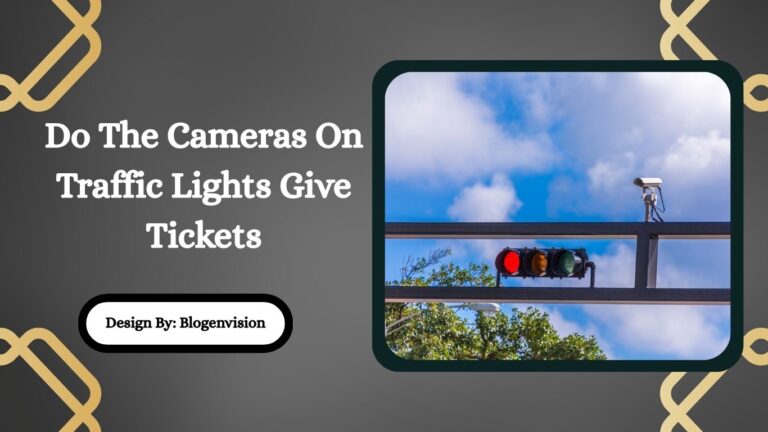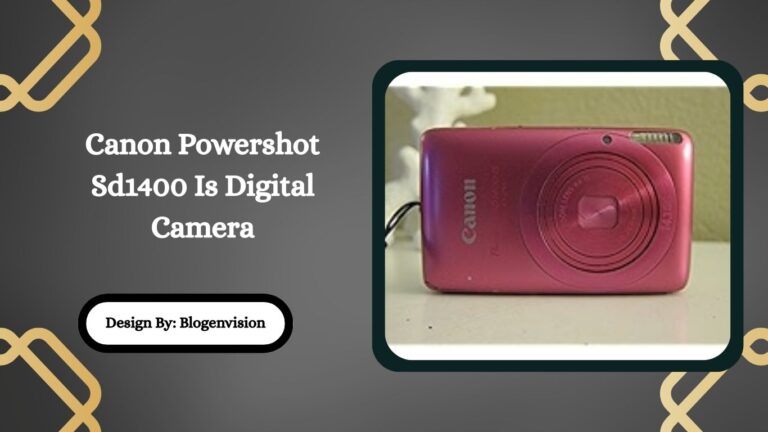Are There Cameras In Movie Theater – What You Should Know!
Movie theaters have security cameras in lobbies and hallways, but most don’t film audience seating areas. Cameras are for safety, not spying. Big chains like AMC and Regal say they don’t monitor auditoriums.
Introduction
When you go to the movies, have you ever looked around and wondered if cameras are watching you? Many people ask this question, especially when they’re sitting in the dark theater. The truth about cameras in movie theaters is interesting and might surprise you. Let’s look at all the facts so you’ll know exactly what’s happening with cameras when you go see a movie.
Where Movie Theaters Definitely Have Cameras?
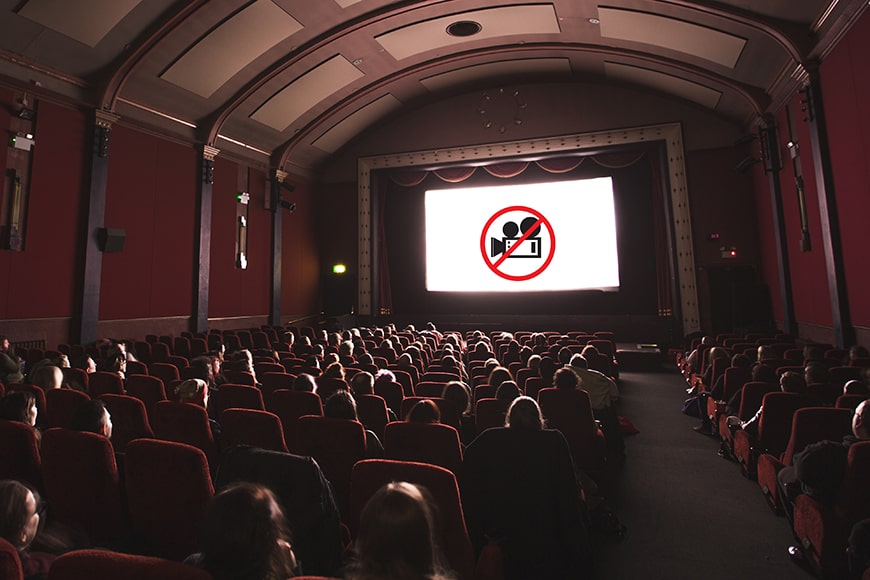
All modern movie theaters use security cameras in certain areas. These are the places you’ll always find cameras:
- Ticket counters – Cameras watch where money changes hands to prevent theft
- Concession stands – They film the snack areas where cash is handled
- Hallways – Cameras monitor people moving between theaters
- Emergency exits – They make sure no one sneaks in without paying
- Lobby areas – They watch where crowds gather before movies
These cameras serve important purposes:
- They help stop people from stealing money
- They keep employees safe while they work
- They can spot fights or other problems
- They help security see if someone brings in weapons
- They provide evidence if something bad happens
Do Theaters Have Cameras Inside the Actual Movie Theaters?
This is what most people really want to know about. Here’s the complete truth:
Big Theater Chains
Major companies like AMC, Regal, and Cinemark say they do not put cameras where audiences sit. Their official policies state that cameras are only in public areas.
Some Exceptions
- A few theaters have cameras near the screen just to check that the movie is playing correctly
- For special events like big movie premieres, they might add temporary cameras
- Some theaters use cameras that watch the screen to check picture quality
Why Most Don’t Film the Seats
There are good reasons theaters don’t usually film audiences:
- It’s very dark in theaters, making cameras less useful
- People expect privacy when watching movies
- Installing cameras in every theater would cost too much
- There’s no real need to watch normal moviegoers
- It might make customers uncomfortable if they knew
How Theaters Prevent Movie Piracy?
Movie companies take illegal recording very seriously, but they don’t mainly use cameras to catch pirates. Instead, they use these methods:
Theater Staff Monitoring
- Employees walk through theaters with night vision goggles
- They do surprise checks during movies
- They look for the glow from phone screens
Technical Solutions
- Movies have hidden codes that show which theater leaked them
- Some use special technology to detect recording devices
- Digital projectors can embed invisible watermarks
Special Teams
- Undercover workers attend popular movies
- They watch for suspicious behavior
- They focus on opening weekends when piracy is most likely
Also Read: Types Of Traffic Cameras – Complete Guide to How They Work!
Can Theater Employees Watch You Through Cameras?
Some people imagine there’s a secret room where workers watch audiences. Here’s the reality:
- Employees are too busy with their jobs to watch cameras all day
- Most cameras just record footage in case it’s needed later
- The systems are there for safety, not to spy on people
- No one is sitting somewhere laughing at how you eat your popcorn
- Footage is usually only checked if there’s a problem
Your Privacy Rights in Theaters
While theaters are private businesses that can use cameras, there are limits:
- Bathrooms – It’s illegal to have cameras in restrooms
- Changing areas – These must always be camera-free
- State laws – Some places require signs about surveillance
- Your options – You can always ask about camera policies
If you ever see a camera that seems to be pointing at private areas, you should tell the manager right away.
How to Spot Cameras in Theaters
If you’re curious about where cameras are, look for:
- Dome cameras – Small round bubbles on the ceiling (mostly in lobbies)
- Black boxes – Little rectangular cases near doors
- Signs – Notices that say “Video surveillance in use”
- Mirrors – Some two-way mirrors might hide cameras
- Emergency exits – Often have cameras watching them
Remember that visible cameras are normal and there for everyone’s protection.
What Theater Companies Say?

Major theater chains have made public statements about their camera use:
AMC Theaters
“We only use security cameras in public areas like lobbies and concession stands. Our auditoriums are camera-free except for occasional quality checks of the screen.”
Regal Cinemas
“Customer privacy is important to us. We do not monitor audience seating areas with cameras during normal operations.”
Cinemark
“Our security systems are designed to protect both property and guests. Cameras are placed in appropriate public areas only.”
Smaller, independent theaters might have different policies, so it never hurts to ask if you’re concerned.
Special Cases and Exceptions
While most theaters don’t film audiences, there are some exceptions:
- Special events – For big premieres with celebrities, extra security is used
- Problem locations – Theaters with frequent issues might add cameras
- Private theaters – Some luxury screening rooms have different rules
- International differences – Other countries may have different standards
Why This Matters
Understanding theater cameras helps because:
- You know your privacy is respected during the movie
- You can feel safer knowing public areas are monitored
- You won’t worry about unnecessary surveillance
- You can make informed choices about where to sit if concerned
FAQs:
1. Can theaters record audio in auditoriums?
No, recording conversations without consent violates privacy laws. Theaters only use cameras in public areas, and even there, they typically don’t record sound due to legal restrictions.
2. Do employees watch cameras live?
Rarely. Footage is usually recorded for review only if needed. Staff focus on operations, not monitoring feeds, except in security offices during major events or incidents.
3. Can I request to see theater camera footage?
Only through legal channels like police investigations. Theaters protect recorded footage and won’t show it publicly without a subpoena or court order for privacy reasons.
4. Do 4DX or VIP theaters have more cameras?
Premium theaters may have extra lobby cameras but follow the same auditorium rules. Motion seats and dining service don’t require additional audience monitoring cameras.
5. How long do theaters keep camera footage?
Typically 30-90 days, depending on local laws. Routine footage is automatically deleted unless needed for investigations. Incident footage may be kept longer for legal cases.
Conclusion:
Movie theaters balance security needs with guest privacy by only placing cameras in public areas like lobbies. While surveillance protects staff and customers from theft or disturbances, auditoriums remain camera-free to respect viewers’ comfort. Major chains confirm they don’t monitor seating areas, focusing instead on entry points and concession stands. Understanding these practices helps moviegoers feel at ease – you’re being protected, not watched. Enjoy your film knowing safety measures exist without intruding on your cinematic experience.

